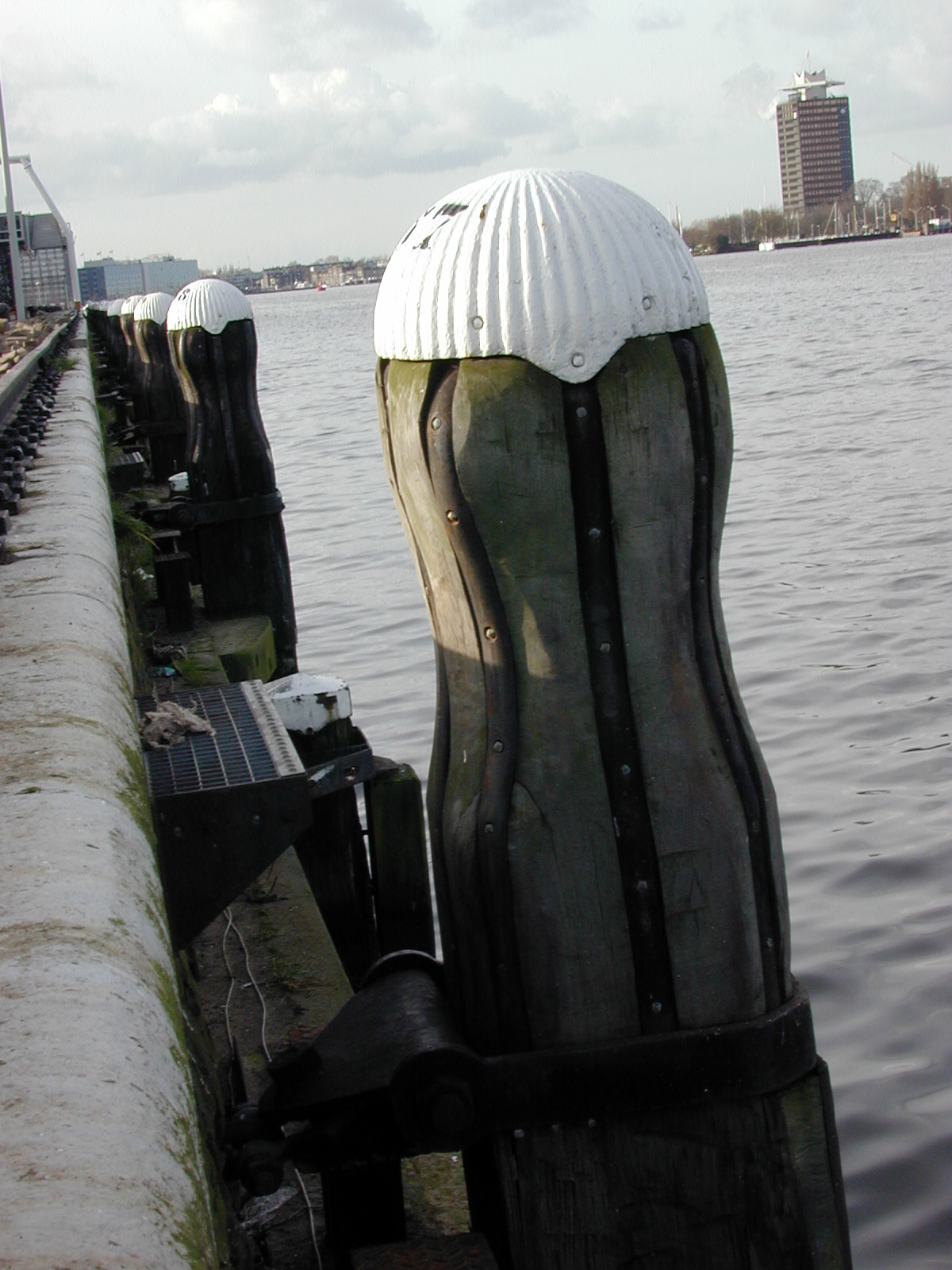
ethelw9651165
About ethelw9651165
Court architecture in the UK plays a critical role in ensuring that the judicial system functions effectively.
 Court reporters. They provide an accurate, verbatim record of what is said during hearings, which can be used for appeals, record-keeping, or future reference. Court reporters must be highly skilled in shorthand or transcription software to keep up with the fast-paced nature of court hearings. The transcripts they produce are often used to ensure that judgments and decisions are correctly recorded and can be referenced in the future.
Court reporters. They provide an accurate, verbatim record of what is said during hearings, which can be used for appeals, record-keeping, or future reference. Court reporters must be highly skilled in shorthand or transcription software to keep up with the fast-paced nature of court hearings. The transcripts they produce are often used to ensure that judgments and decisions are correctly recorded and can be referenced in the future.
Certain individuals can access legal support without paying through pro bono work, where lawyers volunteer their services for free. Pro bono work is typically offered by law firms, individual lawyers, or charitable organizations that aim to support individuals who cannot access legal aid but still need professional help. Pro bono lawyers play a crucial role in providing legal support to vulnerable individuals who do not meet the financial criteria for legal aid.
Appeals are a key part of addressing mistakes, but the process is often difficult. Many people lack the resources to appeal, and legal aid cuts in recent years have made it harder for wrongly convicted individuals to get the help they need. The Criminal Cases Review Commission (CCRC) was established to help investigate potential miscarriages of justice, but critics argue that it is underfunded and too cautious in referring cases back to the courts.
If you beloved this article so you would like to acquire more info regarding website directory for law firms kindly visit our website. Additionally, the introduction of court fees has also played a role in limiting access to justice. Court fees are charges imposed on individuals and organizations for the privilege of using the court system. These fees have increased over time, and critics argue that they act as a barrier to justice for individuals on low incomes. Some claim that high court fees effectively price certain individuals out of the legal system, particularly in civil disputes and family law cases.
Addressing court mistakes requires transparent review mechanisms, adequate funding for appeals, and a culture that values accuracy over speed. Only then can the courts truly fulfill their role as guardians of justice.
In civil cases, legal aid is also available for those who cannot afford legal representation. This could include cases related to housing disputes, employment issues, debt recovery, or family matters. Family law, in particular, can be very complicated, and legal aid plays a vital role in ensuring that vulnerable individuals, including children, victims of domestic violence, and those going through divorces or custody battles, have access to proper legal support.
While the UK prides itself on having a robust legal system, mistakes do happen—and their consequences can be devastating. From wrongful convictions to procedural blunders, the impact of legal errors is felt by individuals, families, and society as a whole.
Legal aid’s historical roots dates back to 1949, when the Legal Aid and Advice Act was passed. This landmark piece of legislation aimed to ensure that legal representation was available to individuals regardless of their ability to pay. The Act was a response to the recognition that a fair legal system required everyone, not just the wealthy, to have access to justice. Since then, legal aid has evolved, with various reforms and adjustments in response to changing government priorities and budgetary constraints.
In addition to the courtroom itself, the overall layout of the court building is designed with the flow of cases in mind. Modern courts are often organized in a way that facilitates the smooth movement of people through the building. This includes the use of wayfinding systems to guide people to the right courtroom, as well as the design of waiting areas that are comfortable and functional. These features are essential in ensuring that court cases can proceed efficiently and that people are not kept waiting for long periods in uncomfortable conditions.
In conclusion, the issue of the financial resources for UK courts remains a key concern for the UK legal system. While the government faces financial constraints, it is essential that funding for the courts is sufficient to ensure that justice remains accessible to all. Whether through better resource allocation, the UK must find ways to maintain a strong and efficient judiciary that is able to meet the needs of its citizens and uphold the principles of justice.
One of the most important considerations in the design of a modern court is accessibility. The UK government has placed a strong emphasis on making sure that all individuals can access court buildings with ease. This includes the addition of wide doorways, as well as signage to help people with disabilities navigate the building. In many new courts, there are dedicated spaces for people with physical disabilities, such as wheelchair-accessible courtrooms, and facilities for those who are hearing or visually impaired. These changes reflect the recognition that courts must be places of equal access for all citizens, ensuring that no one is excluded from the judicial process due to physical limitations.
No listing found.